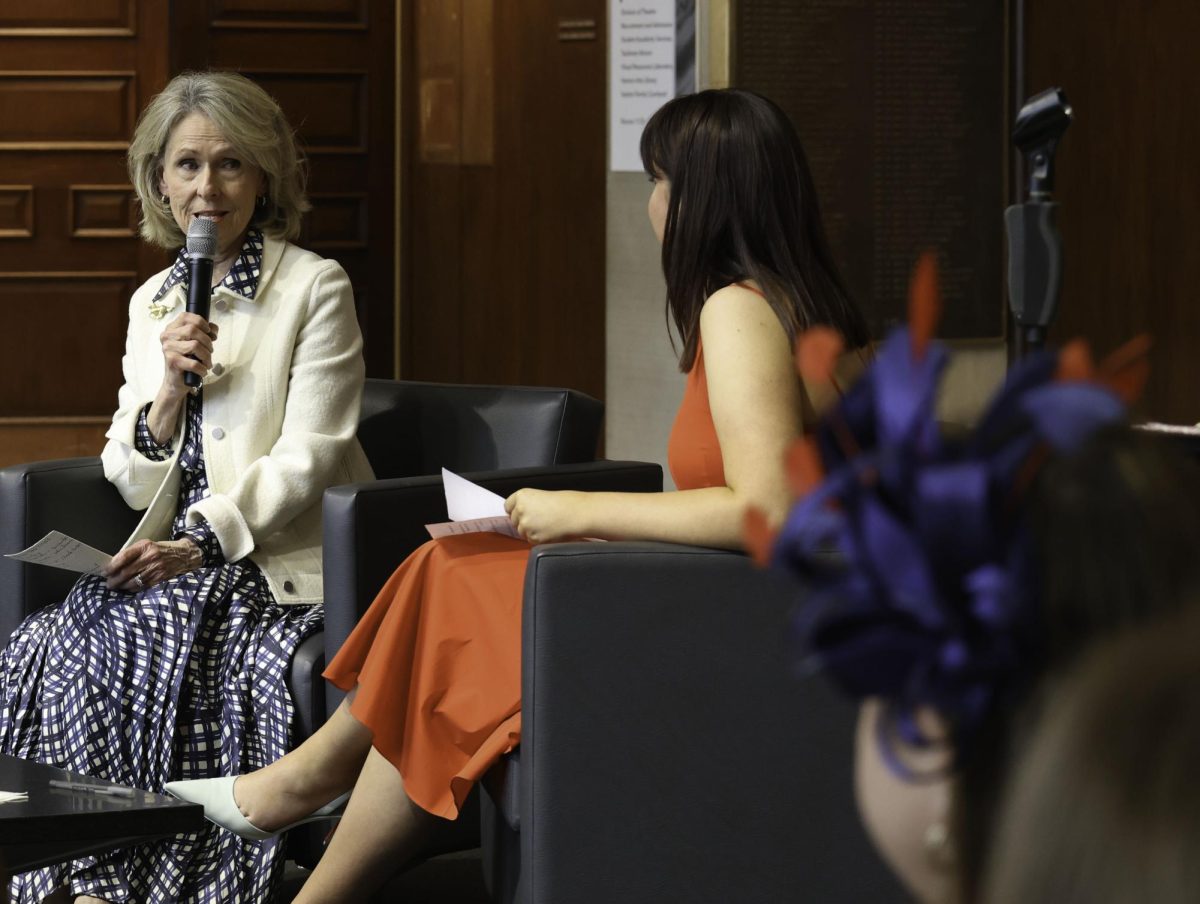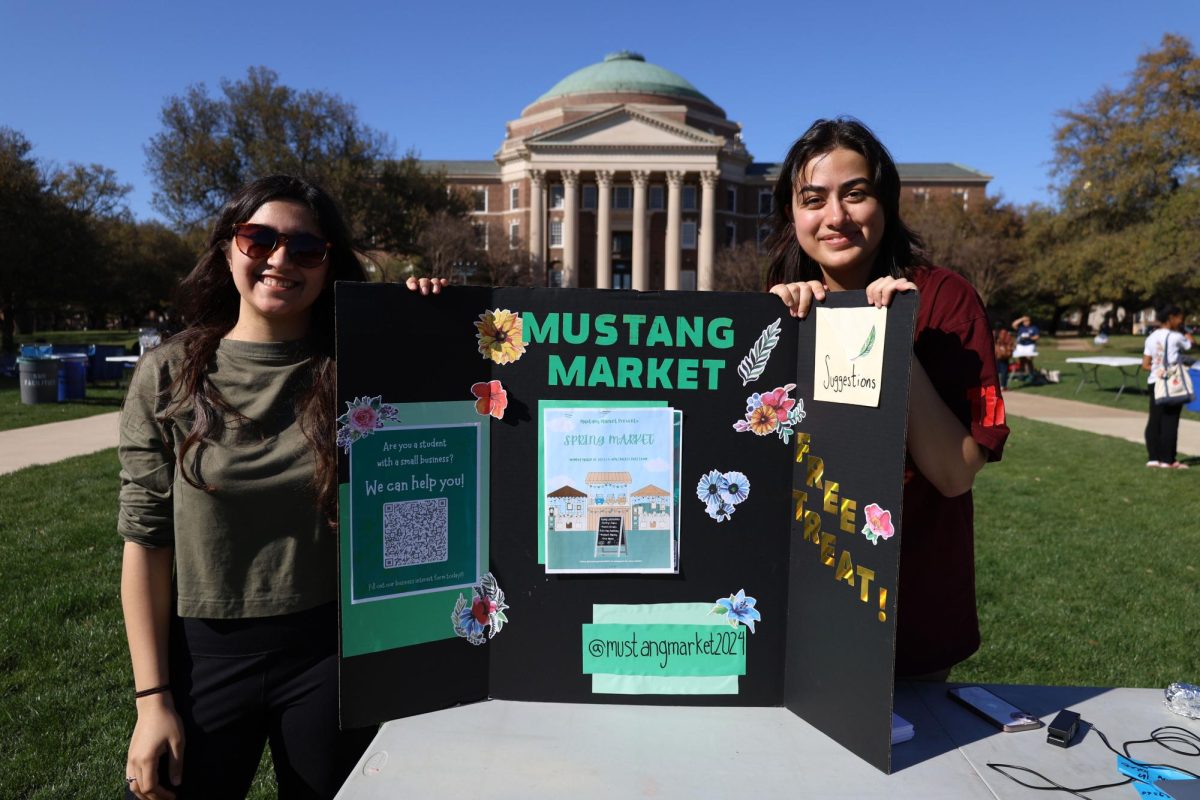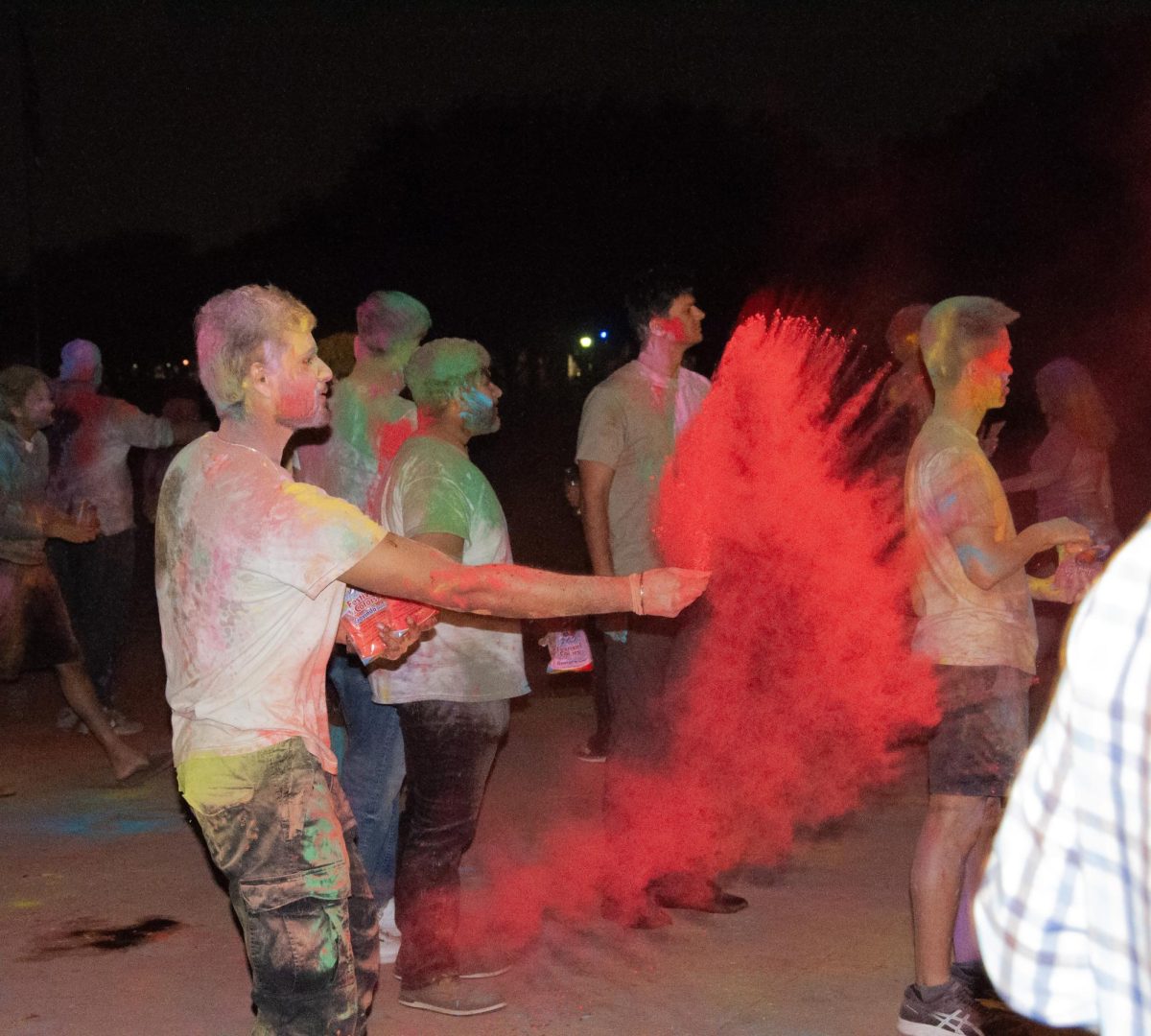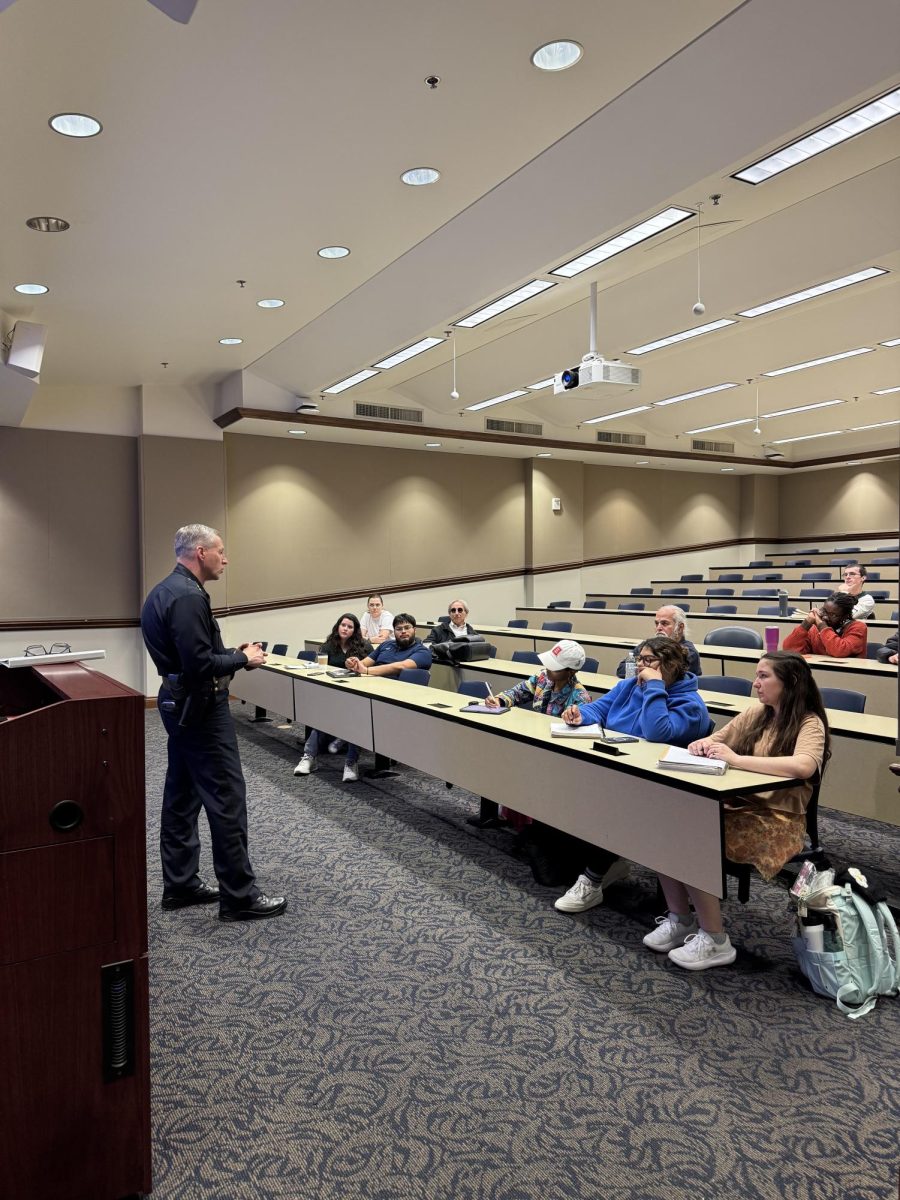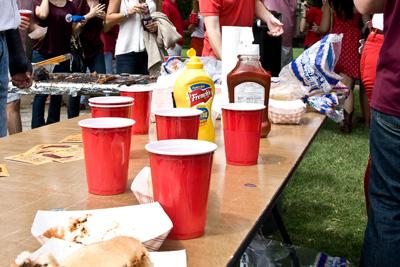
SMU has received a national-level alcohol awareness award. (Sidney Hollingsworth/The Daily Campus)
In was another long night of friends just hanging out with half empty solo cups and beer bottles scattered throughout the floor at the Phi Delta Gamma house at MIT. Scott Krueger was just a freshman and didn’t seem he’d make it to the end of the night. So, his friends laid him down and continued to drink. They didn’t know that their freshman pledge would never wake up again.
“That video was one of the most powerful things TIPS showed us,” April Taylor, assistant A.D. of compliance and TIPS trainer (Training for Intervention Prodedures) said.
“You can see the innocence of that, you know just hanging out. I was a sorority girl and an athlete,” she said, “but boy, learning what alcohol does to your body is truly amazing.”
Taylor is a certified TIPS trainer among other SMU faculty and staff. TIPS is a program that was brought to SMU’s campus five years ago that teaches students about alcohol and drug abuse. This year SMU received the TIPS award.
“I think it’s a great program,” Taylor said. “I’m excited that Dr. [R. Gerald] Turner and those powers thought this was important to have and have such a diverse group of people come in from all different perspectives.”
According to the Health Center’s health educator and TIPS trainer Galen Laprecido, TIPS is implemented in SMU organizations such as the Interfraternity Council (IFC) and stretches across the Atlantic to SMU-in-Moscow, Paris and London.
Many TIPS trainers credit the program’s success to the realistic and relative manner TIPS handles the hot button issue.
“What I love about TIPS is that they were giving concrete information on how to deal with something rather than having to avoid it,” TIPS trainer and Asst. to the chair, Dept. of Electrical Engineering Susan Bailey.
“All new members in the Theta house are required to go through TIPS training,” Mary Dill, recruitment director for Kappa Alpha Theta, said.
“It wasn’t cheesy or exaggerated. I appreciated that it was realistic and relatable.”
Bailey says the students’ responses are very frank in her sessions. She believes the students are able to be so open because they feel like they are not being judged.
The open environment allows for a new and vital concept to be discussed among students when dealing with alcohol.
“What students don’t know or what they don’t have is the confidence to step in and to be the person to call,” Laprecido said.
The same year this program was implemented was the same year SMU lost two undergraduates due to alcohol poisoning.
TIPS trainers like to educate in a manner so that students know how to handle situations before they turn lethal.
“We don’t want people to wait so long that they have to call 911,” Laprecido said.
“There are ways to intervene earlier before it becomes a life or death situation.”
Mixed drinks and cocktails make the measuring process all the more difficult and dangerous.
“I never thought anything of it,” Taylor said. “Redbull is deadly when you mix it with vodka. And yet it is one of the most common drinks at the bars.”
There is another common mixer that isn’t given as much scrutiny as the energy drink but is still responsible for increasing risks. According to Taylor, it is the simple fruit juice mixer that increases your alcohol levels because of the sugar and caffeine in fruit juice.
“Women are more likely to get drunk faster because they have more body fat then men,” added Taylor. “It’s the body fat that absorbs the sugars and makes the filtering out process longer for your liver.”
TIPS makes it a point to focus on the only element that will decrease alcohol blood levels.
“Time,” Taylor said with certainty. “You can eat all the pizza, fried chicken, hot dogs and that’s not going to change the rate it takes to get to your system.”
Apart from covering the body’s physical effects from alcohol, TIPS also covers drinking’s effects on those around you.
“Your actions from drinking are what cause the majority of the issues,” added Taylor. “Its very rare you see people die from overdose of drinking but the flipside is that what they do because of drinking is even worse.”
According to Taylor, it’s drunk driving, possible rape and assault that is the “flipside” of drinking that can lead up to time in jail or death.
SMU also joined the National College Health Improvement Project (NCHIP) as a result of of SMU’s 2007-08 President’s Task Force on Substance Abuse Prevention.
SMU is the only Texas university to team up with the big guns such as Dartmouth, Stanford, Duke, Brown, Princeton, Purdue and Vanderbilt to fight binge drinking on college campuses.
More than 40 percent of college students in the United States engage in binge drinking, a number that has remained virtually unchanged for decades, former Dartmouth College President Jim Yong Kim, said.
TIPS plans to change that number with their program that educates, equips and empowers people about alcohol and what they can do.
Bailey became a TIPS trainer because she had a son in college and was interested in a program that would really connect with today’s generation and one of its leading issues.
“Today, hardly anybody’s life isn’t touched by someone who drinks alcohol.”



